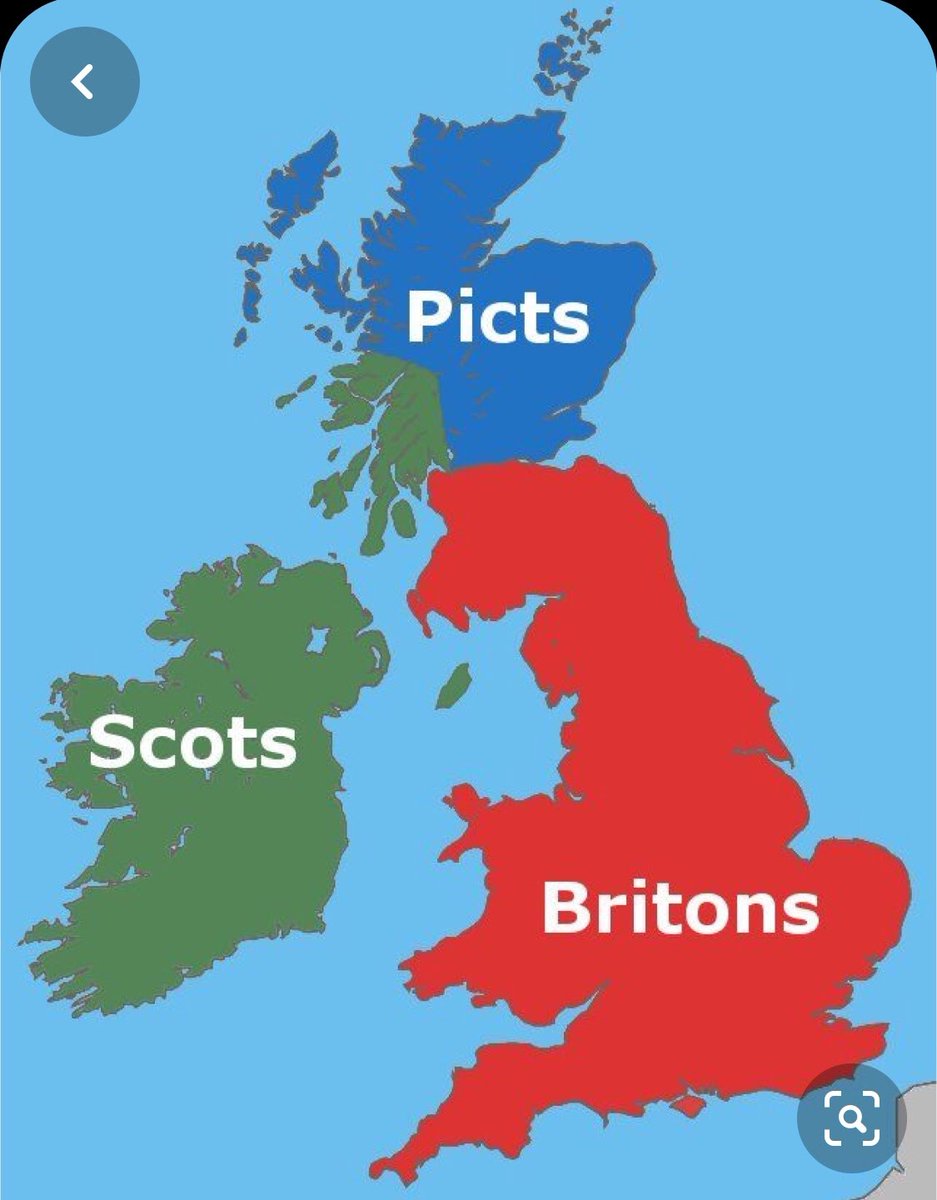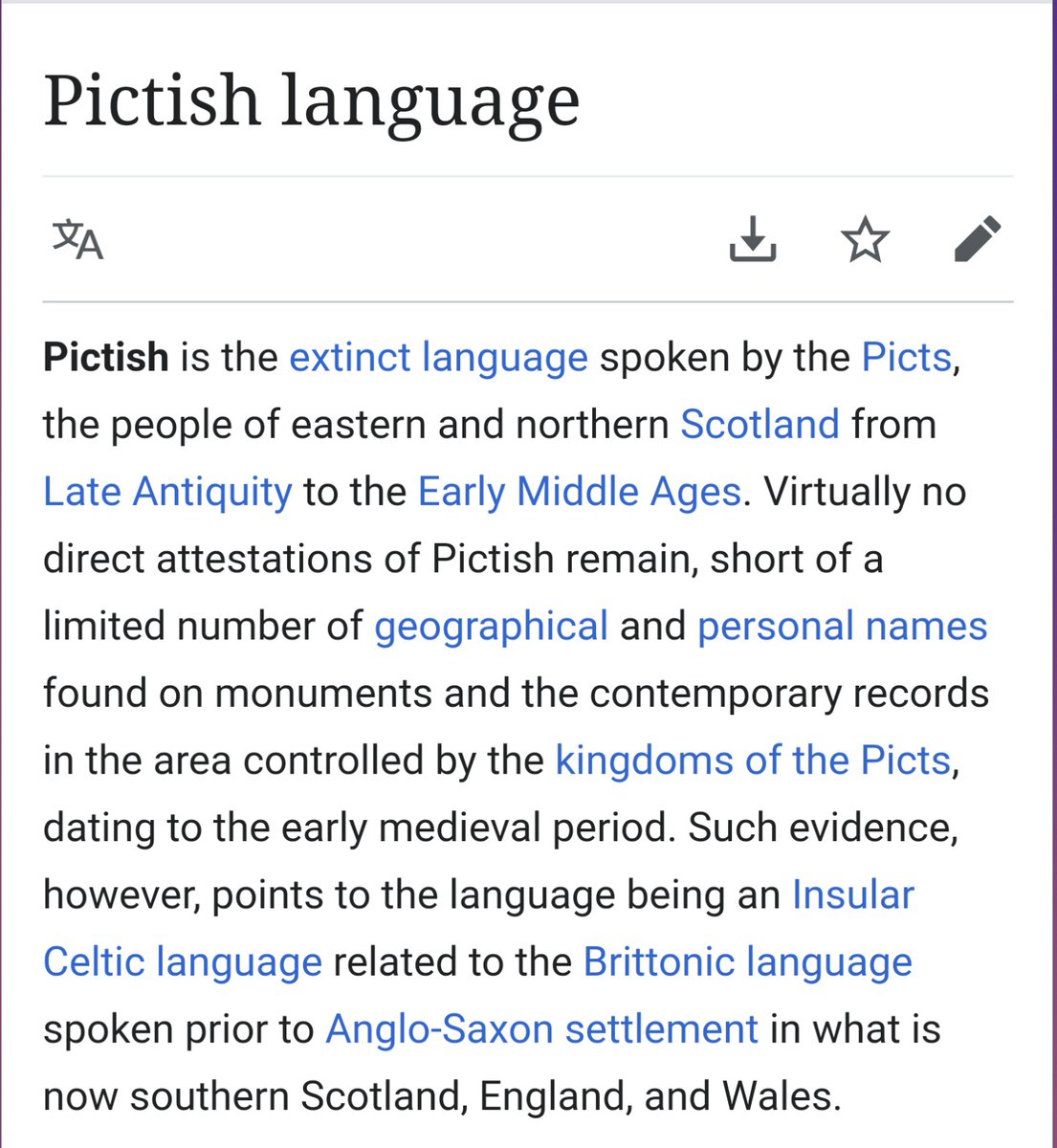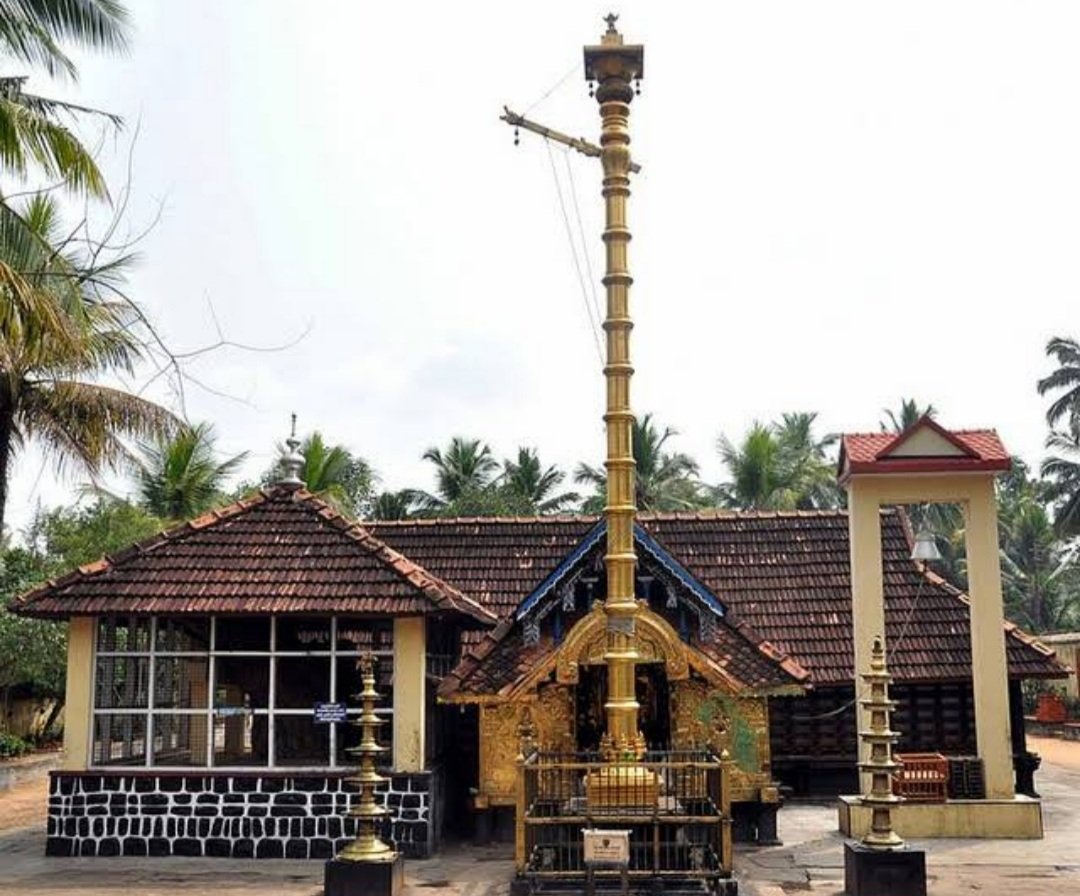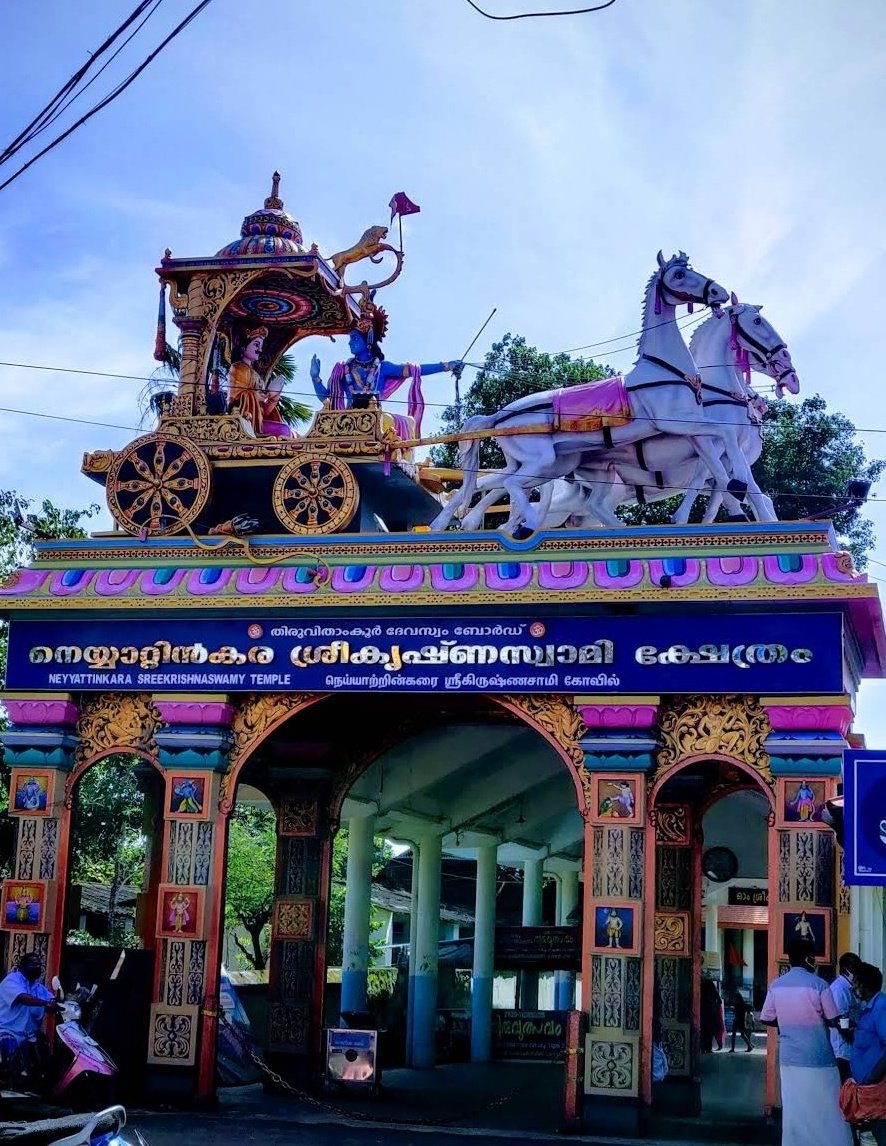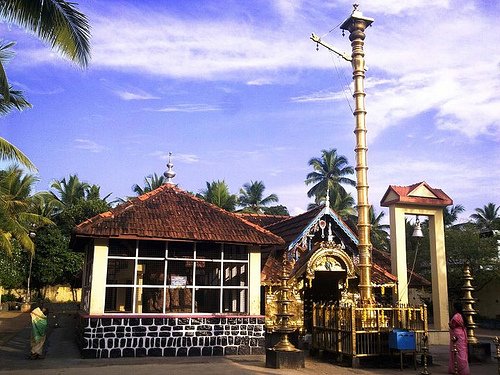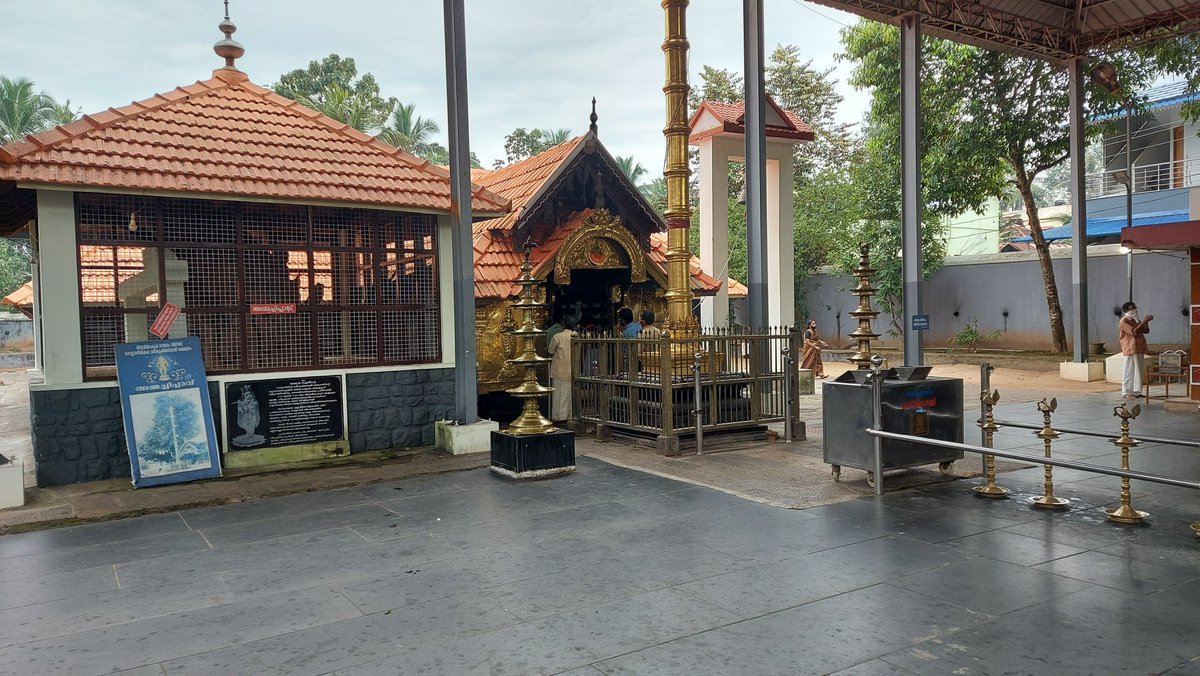Municipalism is not simply “a political stance as well as an approach to shaping the built environment” (as
@davidjmadden puts it) – it’s a distinctive strategic approach to democratising the local state and transforming urban economies using urban spaces as a platform…
1/
Municipalism adopts a ‘dual power’ strategy: 1) supporting commons and practices of commoning through which a more democratic, cooperative (and potentially prefiguratively postcapitalist) ‘solidarity economy’ can be instituted;
2/
...and 2) seeking to take hold of the political institutions of the local state through mobilising social movements for winning electoral office, to reimagine and transform the state from within, through guerrilla occupation of bureaucracies, in order to support 1) above.
3/
Means and ends are intertwined in a prefigurative politics that ‘feminises’ the state’s decision-making processes and subverts technocratic managerialism in favour of 'collective theory-building' and open-source, crowdsourced deliberative-democratic policy-making.
4/
Municipalism thus represents a departure from recent conventional modes of social movement organising – from ‘occupying the squares’ to ‘occupying the institutions’; working in against and beyond the state.
5/
This means reimagining traditional political parties as movement-led citizen platforms, energised by a ‘confluence’ of social forces in response to urban crisis and austerity urbanism, united across cultural differences around a shared commitment/interest in urban inhabitance.
6/
As such, it represents a challenge to the authority of the nation-state and its abstract notions of citizenship, in welcoming all who live in a city (regardless of national identity, including refugees and migrants) as citizens with a ‘right to the city’ based on inhabitance.
7/
Municipalism sees the nation-state as primarily the instrument of nationalism and capitalism (as one of capital's fundamental abstract social forms, alongside money and property) and thus turns towards ‘the urban’ as a more promising locus for anti-capitalist action.
8/
(there are obviously huge contradictions in this - whether 'socialism in one country' or 'municipalism in one city' is at all sustainable within, let alone transformable of, global capitalism... but that's another story)
9/
An important aspect of municipalism is trans-local organising and international cooperation, knowledge sharing and trading through 'solidarity markets' between municipalist platforms in different cities, to create networks (like Fearless Cities) capable of resisting attack.
10/
In sum: ‘the urban’ is not to be conflated with local government, which is seen as just another (albeit very powerful) institutional tool in a multi-scalar political strategy aiming to challenge the capitalist state.
11/
So this is not just about mimicking and relocating a (democratic-socialist) national state politics to the local/city level, through a “commitment to the provision of housing, infrastructure, and public space for all” (as
@davidjmadden does indeed also suggest)...
12/
…It’s about starting with a ‘politics of proximity’ that only the urban scale can provide as the basis for organising spaces of solidarity and developing new popular institutions for political/economic democracy, like mutual aid societies, co-ops, social centres, assemblies.
13/
Ultimately, municipalism is about cultivating more democratic, cooperative and solidary subjectivities and social relations through these urban-institutional spaces, which enable social encounter, collective joy, popular education, knowledge sharing and movement-building.
14/
There's some great work out there recently published on these different aspects; all open access...
@alterurbanist's take on Fearless Cities and new municipalism as moving beyond the 'local trap' (in
@antipodeonline): https://t.co/QFs7PRP3hH 15/
@LauCRoth, Irene Zugasti & Alejandra de Diego Baciero's
work (@rosalux_global) on the centrally important practice of feminising politics:
https://t.co/a3Hu8qzvQt 16/
@vrupu's study of the Spanish confluences, the birthplace of new municipalism (also published by
@rosalux_global): https://t.co/y2aCmeyKNC 17/
...and my own paper on differentiating different 'models' of new municipalism, situated in their historical and political-economic contexts (@ProgHumGeog):
https://t.co/qL17JkkwZ3 18/






